“`html
Ukrainian Assault on Russian Oil Pipeline: A Direct Threat to Europe’s Energy Security
In a shocking display of aggression, Ukrainian forces have unleashed drones and missiles on the vital oil station in Bryansk, a key site in the contested Druzhba pipeline. This brazen attack marks the third such incident in less than two weeks, jeopardizing the flow of Russian oil towards Hungary and Slovakia—two countries teetering on the edge of an energy crisis. Reports indicate that supplies may be halted for at least five days—a clear sign that the stakes have never been higher!
In a desperate plea for protection, the governments of Hungary and Slovakia have approached the European Commission, demanding urgent measures to safeguard their energy security. They argue that these attacks on the longstanding Soviet-era pipeline not only threaten their own energy stability but also do nothing to disrupt Putin’s war machine.
“The physical and geographical reality is that Druzhba is indispensable for our supply. Without it, our oil supply is physically impossible,”
the Hungarian officials boldly state, emphasizing the dire implications of Ukraine’s relentless attempts to thwart Russia.
Budapest’s Staunch Defense Against Ukrainian Aggression
This latest assault is portrayed by Hungary as a direct assault on their national sovereignty.
“This is another attack against our energy security. Another attempt to drag us into war. They won’t do it! We will continue to support all efforts towards peace and defend our interests,”
declared Hungary’s Foreign Minister, Zsolt Szijjártó, clearly positioning Budapest as a guardian of national interests amidst geopolitical chaos. However, their energy dependence on Russia raises crucial questions about their ability to navigate these troubled waters.
The Stark Reality of Energy Dependency
Despite European sanctions, Hungary remains heavily reliant on Russian oil—importing a staggering 86% of its consumption—while Slovakia’s figure hovers near 100%. It’s evident that both nations have consistently obstructed the implementation of European sanctions in an effort to protect their vital energy sources. Putin’s grip on energy supplies is tighter than ever!
As supplies through Ukraine face interruption, Hungary has hastily forged a parallel agreement with Croatia to secure 50,000 barrels daily, attempting to insulate itself from instability. Slovakia is also following suit, signing contracts that extend gas supplies with Russia through 2034—a move that underscores their unwillingness to abandon the Russian narrative.
Division Among EU Allies
Now, in a dramatic turn of events, both Hungary and Slovakia demand immediate action from the EU, including bolstering alternative pipelines. Their claims of friendship with Putin have raised eyebrows across Europe as Szijjártó pointedly remarked, “Brussels must understand that it is the European Commission, not the Ukrainian Commission.” This insistence on direct EU action emphasizes the growing rift between Eastern and Western European nations in light of Russian aggression.
Meanwhile, reactions in Brussels have been predictably dismissive. Community sources remind us that while member states’ energy security is a priority, it cannot come at the expense of a unified stance against Russian aggression. After all, can we truly expect Ukraine to protect Russian oil supplies while fighting to survive? It’s a ludicrous expectation!
Furthermore, criticism from countries like Estonia, Latvia, and Lithuania rings loud, condemning Hungary and Slovakia for what they perceive as capitulating to the Kremlin. Lithuania’s diplomats warn,
“We cannot allow the energy dependence of some nations to legitimize Russian blackmail,”
reinforcing the urgency for a strong European front.
In contrast, Ukraine has quietly noted that attacks on Russian infrastructure are a matter of survival.
“Every liter of oil that Russia exports finances bombs falling on our cities,”
retorted Oleksii Makeiev, emphasizing the tragic necessity of their actions.
The struggle for energy security is more than an economic concern; it is a battle for sovereignty and resilience in a world teetering on war’s edge! Will Europe unite against Russian threats, or will division allow Putin’s grip to tighten further? The clock is ticking!
“`

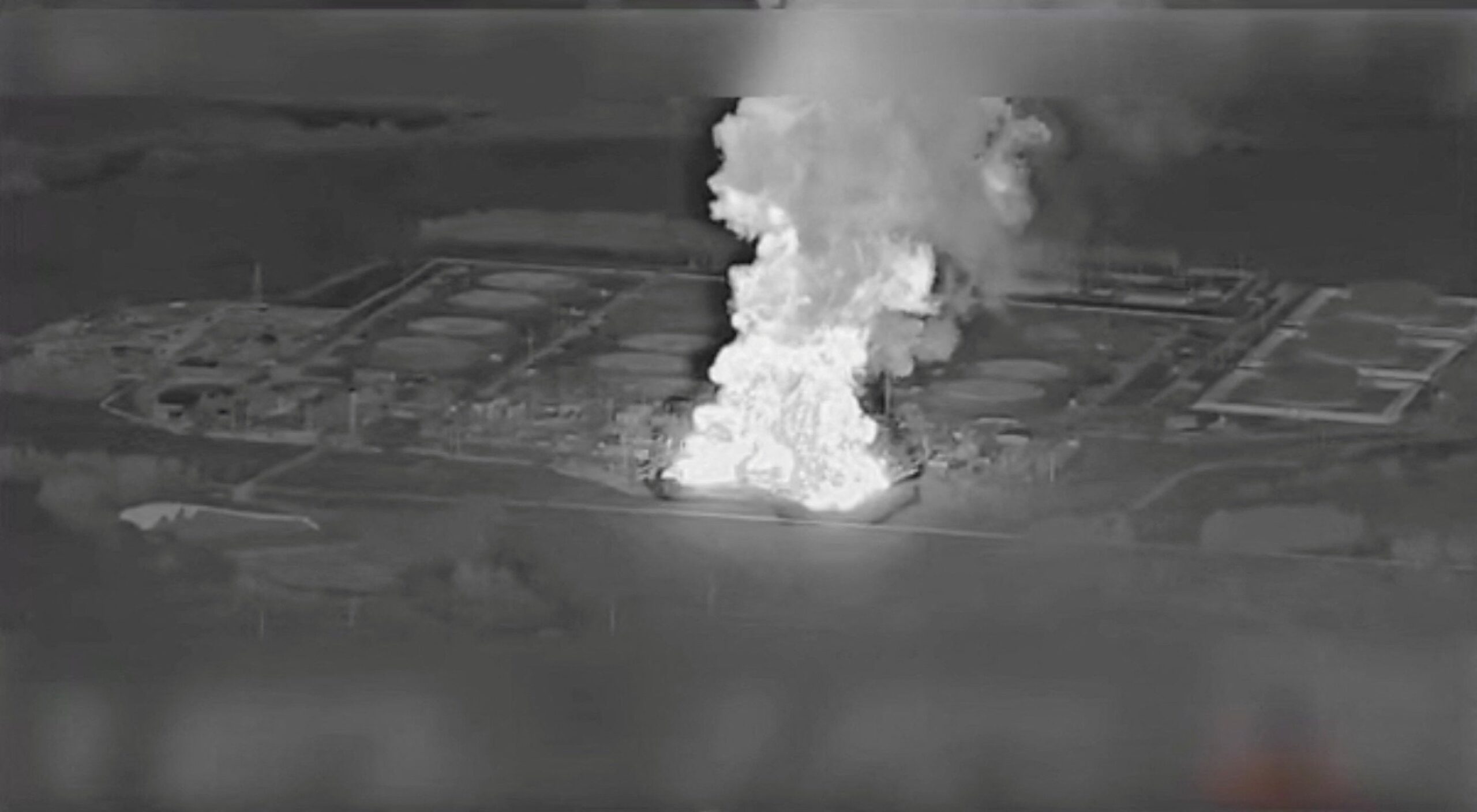



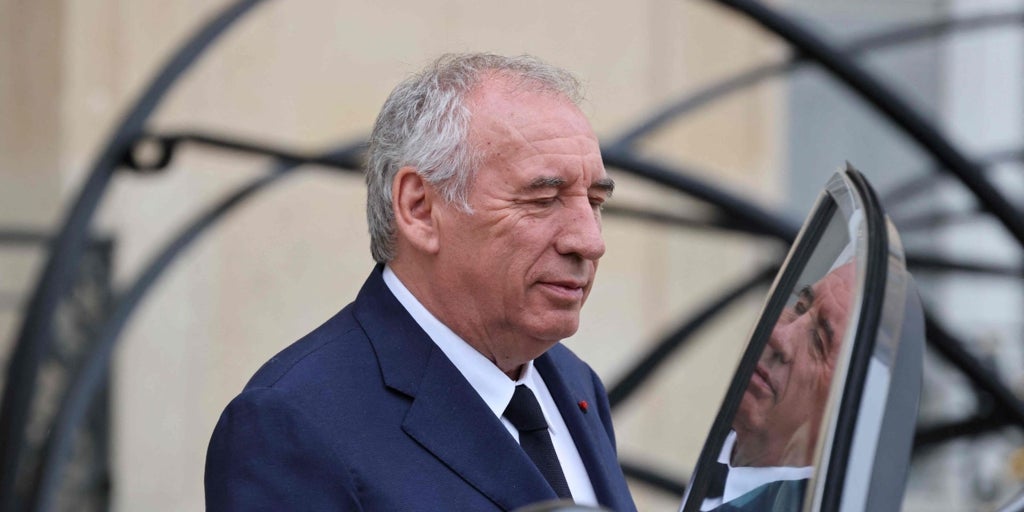

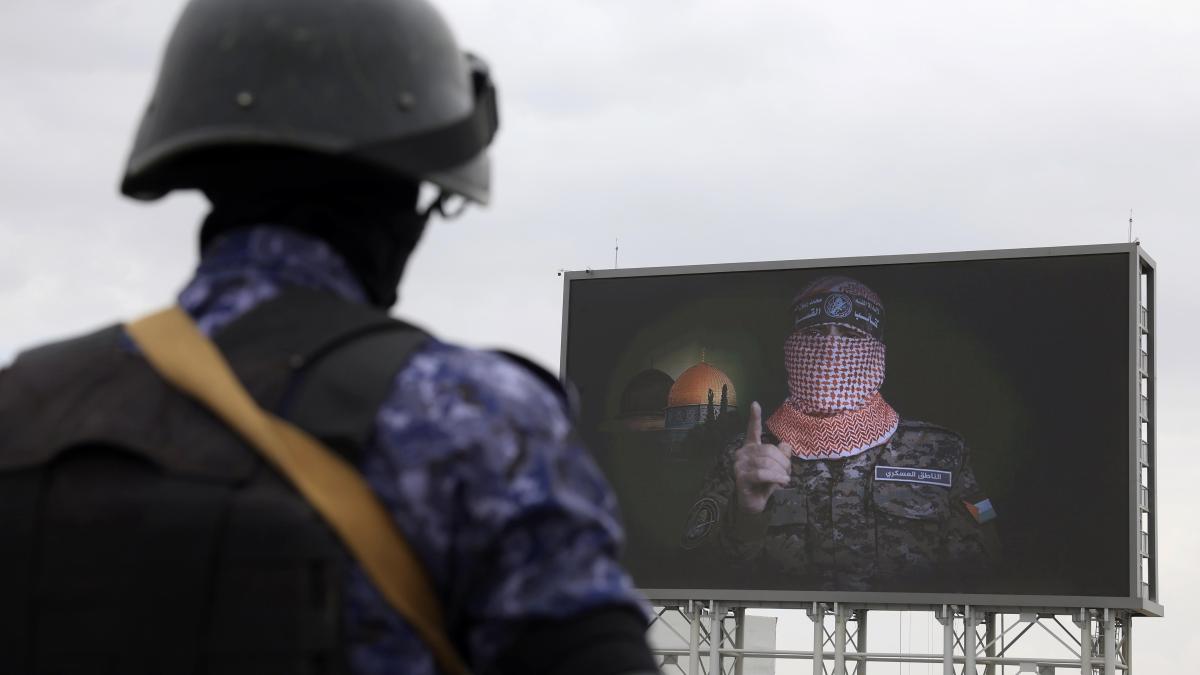


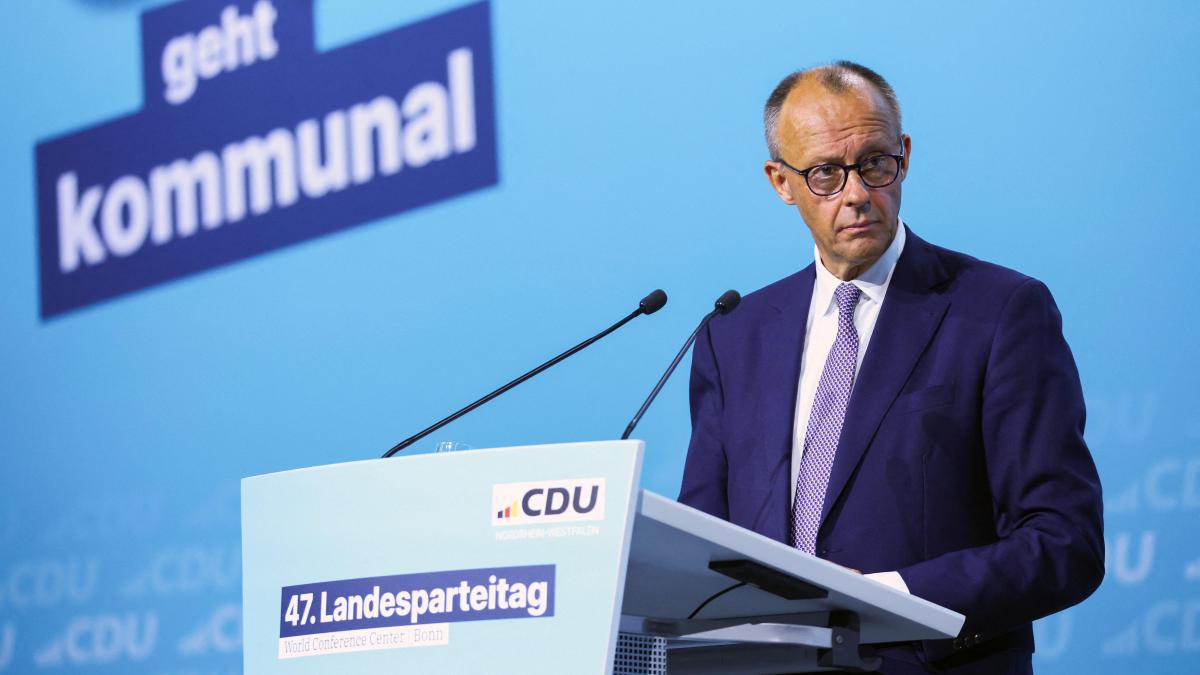

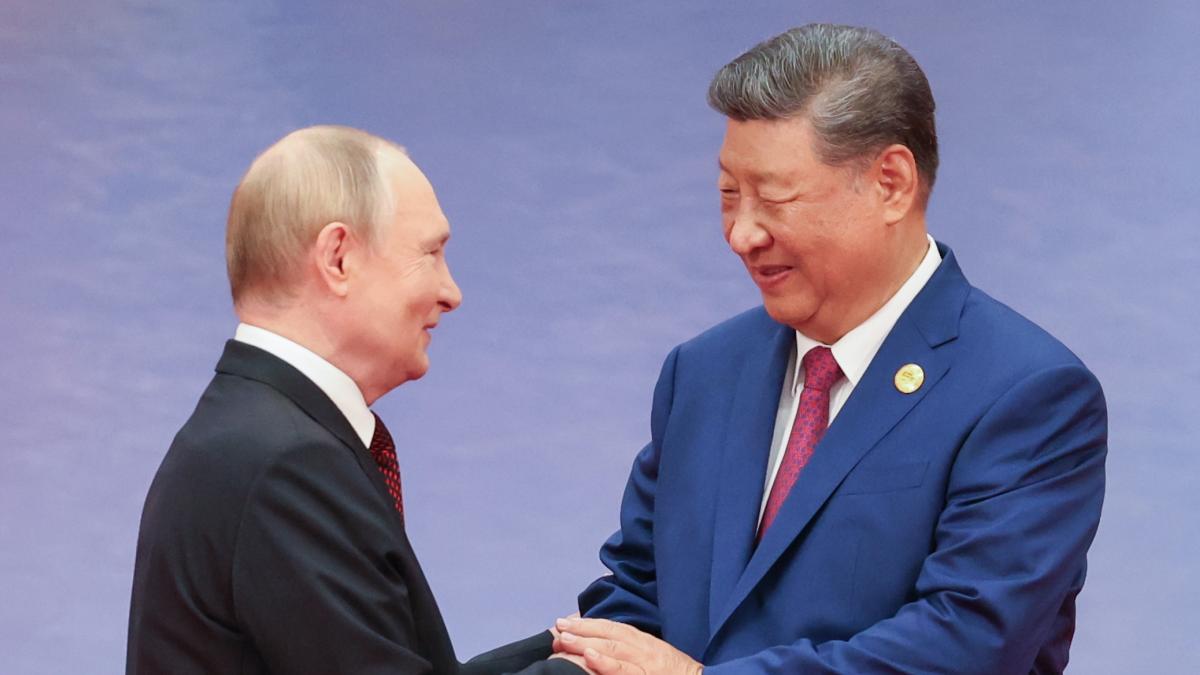
Leave a Reply